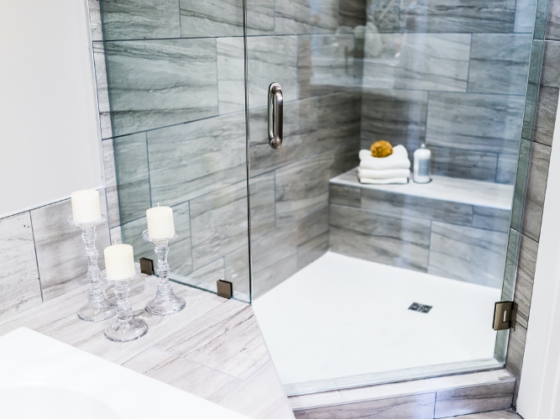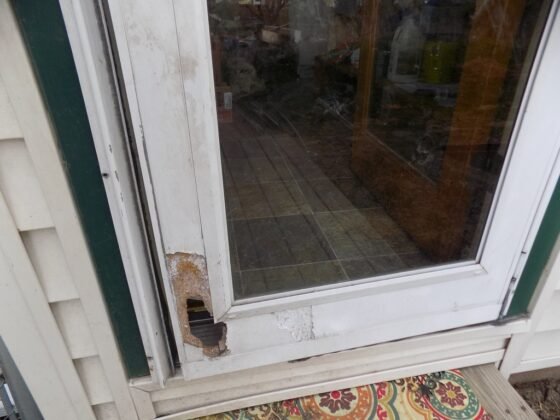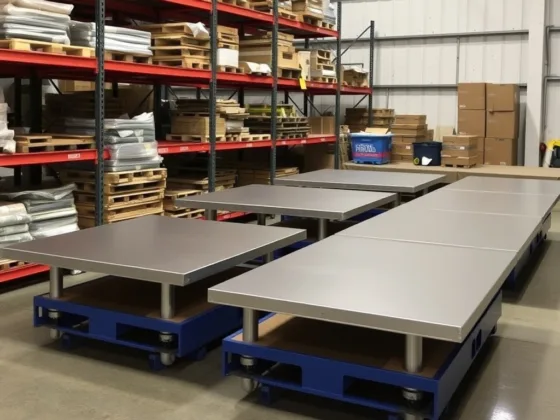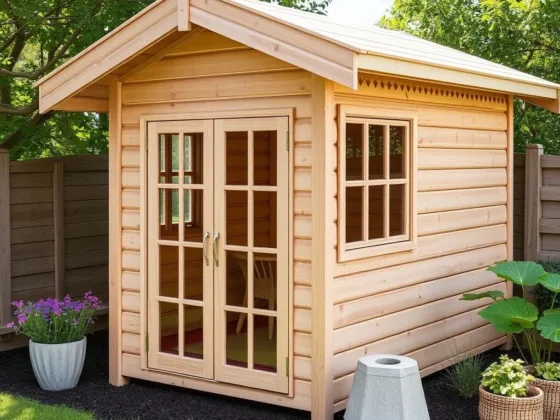Table of Contents Show
There’s nothing like waking up to the sound of the waves crashing against the shore. After you’ve woken up, you can take a trip down to the beach and soak up the sun for a while.
Yeah, having an oceanfront property can be pretty relaxing. It can also be more than a little bit stressful. The hot UV rays can destroy the paint on your car, put a toll on your home’s exterior paint, and fade your furnishings. You have to worry about the structural damage the ocean air will do to your house as well.
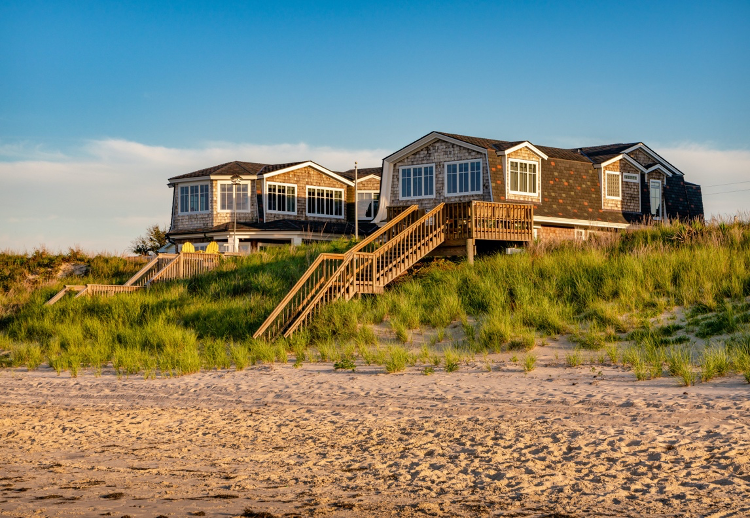
There’s a lot more prep work that goes into coastal living than you might think. Keep reading to learn everything you need to know before purchasing your property.
Read Also:
Do a Little Research
Before you start looking at real estate listings, you need to do a little bit of research to learn what you’re getting yourself into. There’s more that goes into buying a beach house than buying a home in a suburb. The main thing that you need to worry about is elevation.
If the house is vulnerable to flooding, that’s something you’ll have to deal with every time a large storm blows through your area. If the basement fills with water, it can do some serious structural damage to the home.
There’s also the little matter of property lines. If you go for a location that sees the shoreline as something that should be open to the public, privacy will be a problem. Do your research on the area before you buy by looking at reviews and talking to your potential neighbors.
Find an Oceanfront Real Estate Agent
When buying waterfront property, the best thing you can do is consult the experts. Your average, everyday real estate agent might not have that much experience with beach houses.
If you’re going to navigate your way through the complex world of oceanfront, you need a real estate agent that specializes in it. They can help you through every step of the purchasing process from working out the title to getting an inspection done for structural issues.
They can also tell you if you’re getting a good deal or not. If the price on a property seems too good to be true, there’s probably something wrong with it.
Not All Water is the Same
Not all waterfront properties are located on the beach. If you want to be welcomed by the smell of the fresh salt air every morning, oceanfront will be your jam. If this isn’t as important to you as quiet and privacy, however, you may want to consider a property near a smaller body of water.
If you don’t mind the sound of powerboats and want to take part in some water sports yourself, buying a property near a lake might be a good choice for you.
How Are You Going to Use it?
So, you’ve purchased a waterfront property. Now what? Have you thought about what you want out of coastal living at all?
Do you want to be able to head down to the beach every day to work on your tan? Would you rather live near a calm body of water that offers opportunities for kayaking and fishing? These are important questions to ask yourself before you buy a house.
There’s also the matter of alterations. Are you thinking of adding a dock to your home? There’s more to building a dock than buying materials or hiring a contractor.
There are some areas where you can’t even think about building a dock before getting a permit. Some areas put limits on the activities you can do on a body of water. You may buy a home with jet skiing in mind only to find out later that it’s prohibited.
Look into Loans as Early as Possible
We’re not going to lie to you. Waterfront property isn’t cheap. Since you’re dealing with a much larger mortgage, the bank is going to be a little pickier about determining if you’re qualified for a loan.
That’s why you want to start the loan process as soon as you can. Not only will the application process take a lot longer but you may have to go through a few banks before you find one that’s willing to work with you.
You’ll Need Insurance
You can’t the joys of a water view home without insurance. Well, you might be able to get away with it but it wouldn’t be wise. Depending on how many policies you need to have, things can get a little complicated and expensive.
For example, if you decide you want to buy a beach property in Florida, you’ll need three different insurance policies. One for flood damage, one for wind damage, and one for general coverage.
There Might Be Hidden Fees
You’re going to want access to basic utilities in your beach house. Getting cable and internet, a septic system, electricity, and water installed will cost you extra. When we say extra, we mean extra.
It can be pretty expensive. On top of paying for the basics, if you have a boat, you might have to pay docking fees as well.
That’s why it’s important to inquire about all hidden fees ahead of time. It will stop you from getting caught off guard later on when you get the bills in the mail.
Buying a Waterfront Home
There’s more to buying an oceanfront property than getting the keys and moving in. Moving close to the water has its own unique set of challenges that you have to overcome.
The easiest way to find a good deal and avoid regretting your purchase is to arm yourself with research and an experienced real estate agent. Do that and we promise that you won’t run into any common waterfront problems.
Now that you’ve bought your beach house, it’s time to decorate it. Check out our blog daily for all the latest decor and home improvement ideas.
